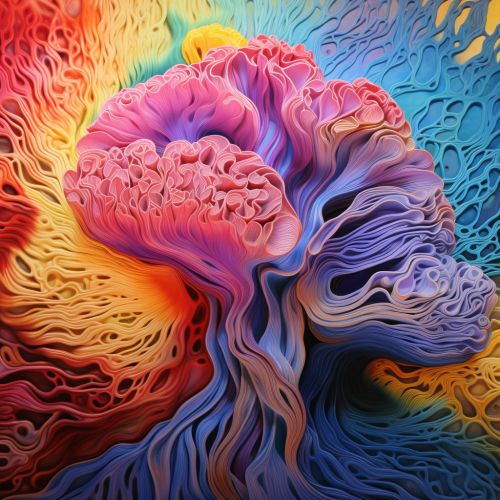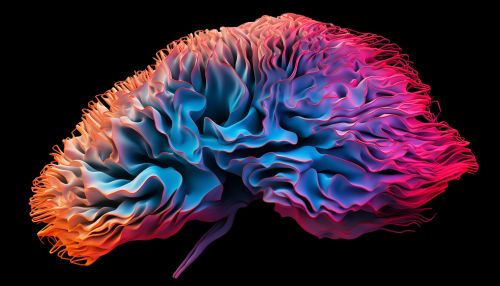Sleep and Neuroscience
Sleep and Neuroscience
Sleep is a naturally recurring state of mind and body, characterized by altered consciousness, relatively inhibited sensory activity, reduced muscle activity, and inhibition of nearly all voluntary muscles during rapid eye movement (REM) sleep, and reduced interactions with surroundings. It is distinguished from wakefulness by a decreased ability to react to stimuli, but more reactive than a coma or disorders of consciousness, with sleep displaying very different and active brain patterns.
Neurobiology of Sleep
The neurobiology of sleep is the branch of neuroscience that studies the mechanisms of sleep, a naturally recurring state of reduced responsiveness and inactivity that is essential for health and well-being. Sleep is not a passive state but involves a highly active and organized series of brain events. The neurobiology of sleep involves the study of the brain structures, neurotransmitters, and neurophysiological processes that underlie sleep and wakefulness.


Sleep Architecture
Sleep architecture refers to the basic structural organization of normal sleep. There are two types of sleep: non-rapid eye movement (NREM) and rapid eye movement (REM). Each type has a distinct set of physiological, neurological, and psychological features. The pattern of sleep stages within a particular sleep period constitutes its architecture.
Sleep and the Brain
The brain is the central hub for sleep regulation, integrating various physiological and environmental factors to orchestrate the timing and structure of sleep. The hypothalamus, a small region at the base of the brain, plays a crucial role in sleep regulation. It contains clusters of neurons that act as control centers for various aspects of sleep and wakefulness.
Sleep Disorders and the Brain
Sleep disorders are conditions that affect sleep quality, timing, or duration and impact a person's ability to properly function while they are awake. These disorders can contribute to other medical problems, and some may also be symptoms for underlying mental health issues. Sleep disorders are broadly classified into dyssomnias, parasomnias, circadian rhythm sleep disorders, and sleep disorders associated with mental, neurologic, or other medical disorders.
Sleep and Cognitive Function
Sleep has been found to play a crucial role in cognitive functions such as learning and memory. Sleep deprivation can impair attention, decision-making, working memory, and long-term memory. On the other hand, good quality sleep has been linked to improved learning and memory outcomes.
Sleep and Mental Health
There is a strong relationship between sleep and mental health. Lack of sleep and sleep disorders are common in people with mental health disorders, including anxiety, depression, bipolar disorder, and schizophrenia. On the other hand, chronic sleep problems can increase the risk of developing mental health disorders.
Sleep and Aging
As people age, they often experience changes in their sleep patterns. These changes can result in a variety of sleep-related problems, including decreased sleep efficiency, increased awakenings during the night, and changes in the architecture of sleep.
